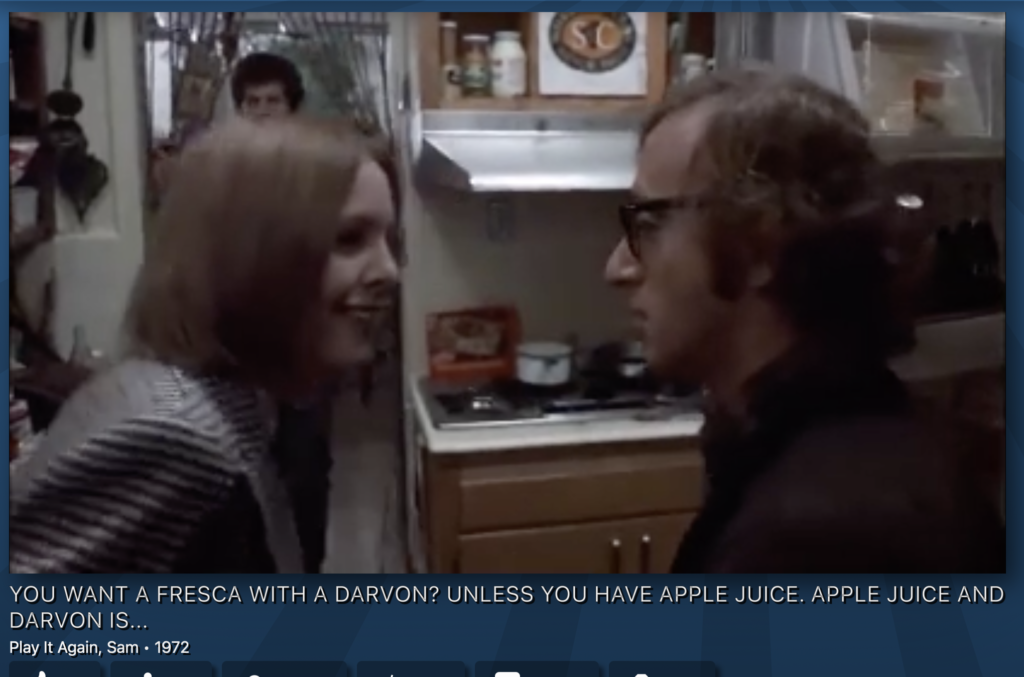I was reading a harrowing story (at Vox.com) about the Vallow-Daybell murders which mentioned the concept of DARVO. It wasn’t brand-new to me, but I had sort of forgotten about it, even though the thing itself is as common as gnats in a swamp.
DARVO describes a defense strategy that abusers use to evade responsibility for their actions. The acronym was coined by Dr. Jennifer Freyd, and stands for “Deny, Attack, Reverse Victim and Offender”.
The perpetrator or offender may Deny the behavior, Attack the individual doing the confronting, and Reverse the roles of Victim and Offender such that the perpetrator assumes the victim role and turns the true victim — or the whistle blower — into an alleged offender. This occurs, for instance, when an actually guilty perpetrator assumes the role of “falsely accused” and attacks the accuser’s credibility and blames the accuser of being the perpetrator of a false accusation.
Jennifer Freyd, PhD
This is a powerful formulation, not because if refers to some exotic behavioral phenomenon on the fringe of human experience, but because we can all recognize it from stuff we’ve seen or heard about. People reading the description tend to think, “Sure, that reminds me of X”—some abuser that they knew or have heard about. It’s the strategy Cicero used in defending Caelius Rufus against the charge of attempted murder of his ex. It’s often used because it often works.
In the Vallow-Daybell case, Vallow’s estranged husband tried to alert authorities to crimes in progress, but Vallow used DARVO to convince the police that it was her husband who was the problem. Now that Vallow’s husband, Vallow’s children, and Daybell’s wife have been murdered in separate incidents, it’s clearer who the offenders and who the victims are, but some of those victims might still be around if the cops hadn’t succumbed to DARVO, with or without Fresca.

(Decades later, Allen would be offering people DARVO without Fresca, but that’s another story.)
DARVO can be used by individuals or institutions, but I think it’s a useful paradigm to apply to politics. DARVO fits well with the paranoid style of rhetoric which has become dominant among the right-wing extremists who dominate the Republican Party (e.g. MTG with her brabbling about Jewish space-lasers, Jim Jordan’s flaccid, flatulent attempts to punish government agencies who have the temerity to enforce laws against Republicans, etc).
DARVO can be effective if it forces the conversation into terms favorable to the abuser. But Freyd’s research also suggests that the more familiar someone is with the gambit, the less likely they are to be fooled by it.
So I guess the TL;DR here is: don’t get DARVOed. Abusers, and their claques of defenders, are everywhere these days, as common as gnats in a swamp.
